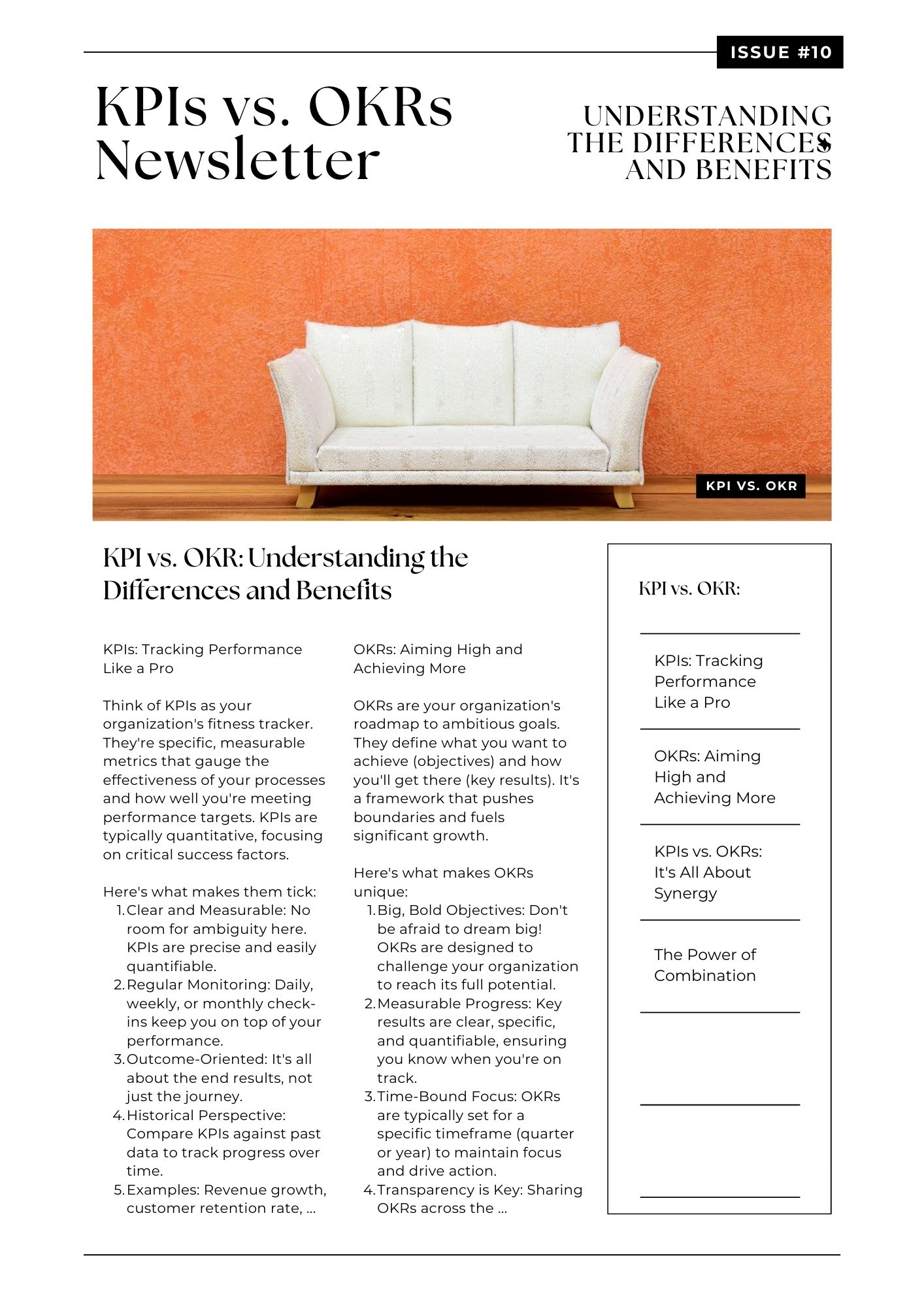Strategies to Successful Lead Through Change
Leading through change is essential for any organization that wants to remain relevant, competitive, and resilient in the face of shifting markets, technologies, and other external factors. Here are a few key reasons why Leading Through Change is important
Adapting to new challenges:
In today's rapidly evolving business landscape, organizations must be able to adapt quickly to new challenges and opportunities. Leading through change helps ensure that an organization can respond effectively to changes in the market, technology, or other external factors.
Building resilience:
Change can be unsettling, and it's natural for people to resist it. Effective change leadership helps build resilience and fosters a culture of adaptability within an organization. This can help individuals and teams embrace change more readily and navigate it successfully.
Driving innovation:
Change often leads to new ideas and innovations. Leaders who are able to guide their organizations through change can help unlock new opportunities for growth and development.
Enhancing competitiveness:
Organizations that are able to navigate change successfully are more likely to be competitive in their markets. By leading through change, leaders can help position their organizations for long-term success
Leading through change requires a specific set of skills and attributes. Here are some of the key skills and attributes that are essential for effective change leadership:
1. Visionary thinking:
Change leaders must be able to envision the future state of the organization and articulate a clear and compelling vision for how the organization will evolve and grow.
2. Strategic thinking:
Change leaders must be able to think strategically and identify the steps and actions required to achieve the desired future state of the organization.
3. Effective communication:
Change leaders must be able to communicate clearly and effectively with all stakeholders, including employees, customers, investors, and other key partners.
4. Empathy and emotional intelligence:
Change leaders must be able to understand the perspectives and needs of others, and be able to connect with and inspire others through the change process.
5. Adaptability:
Change leaders must be able to adapt to changing circumstances and be flexible in their approach to achieving the desired outcomes.
6. Courage and resilience:
Change leaders must be able to navigate uncertainty and ambiguity with confidence and resilience, and be willing to take calculated risks to achieve the desired outcomes.
7. Collaboration and teamwork:
Change leaders must be able to build strong relationships and partnerships, and work collaboratively with others to achieve shared goals.
8. Results-oriented:
Change leaders must be focused on achieving results and be able to measure progress and adjust course as needed to stay on track.









